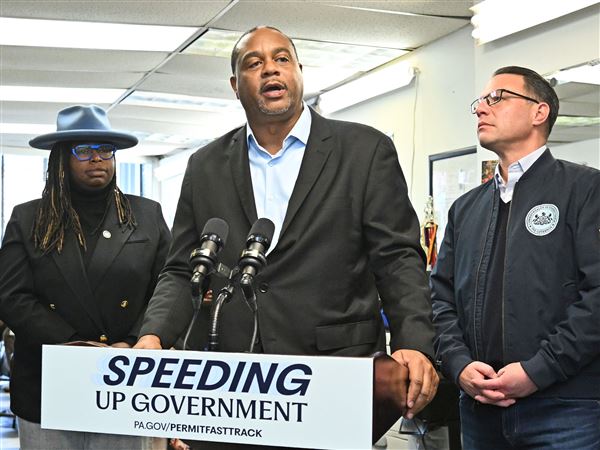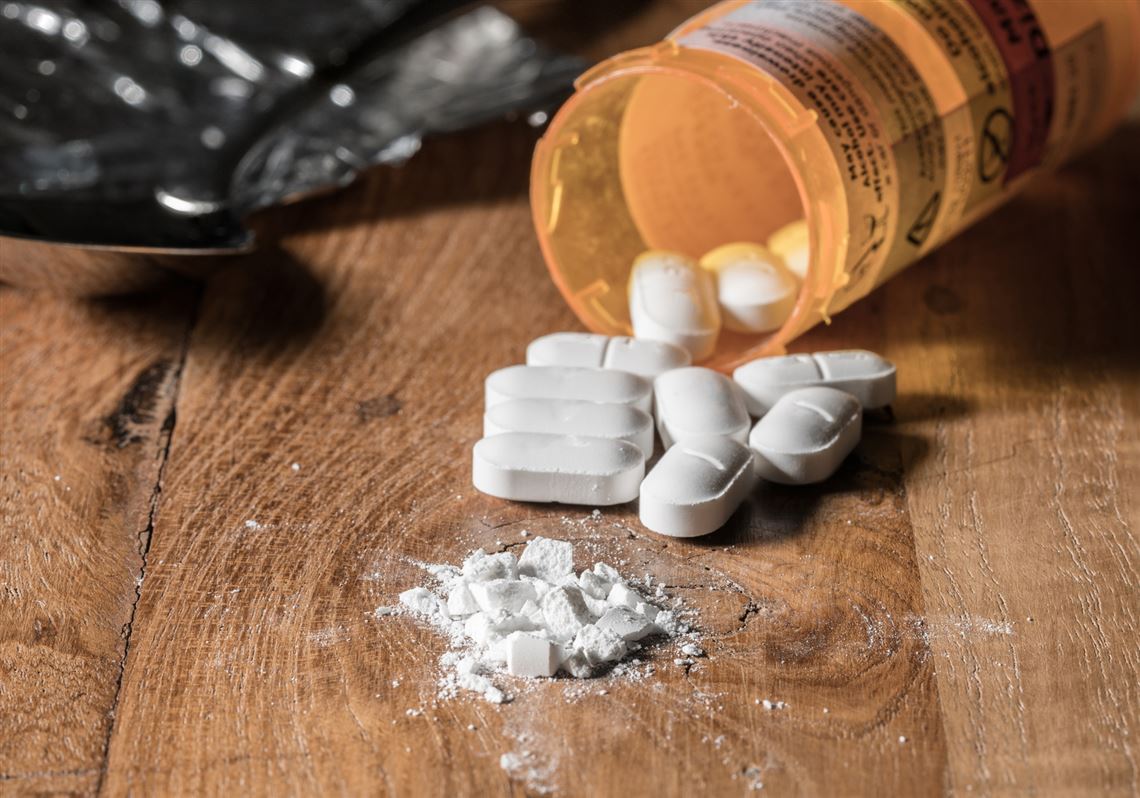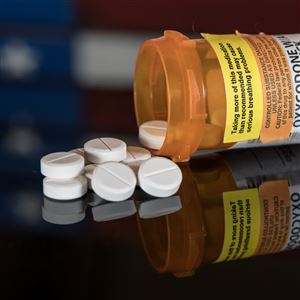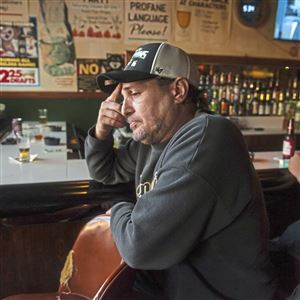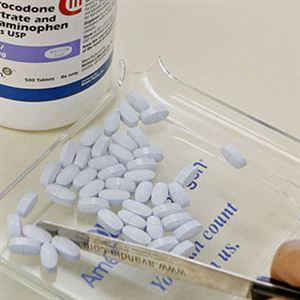HARRISBURG -- Gov. Tom Wolf on Wednesday will declare Pennsylvania's heroin and opioid addiction crisis a statewide emergency, becoming the eighth state to take such a step amid a public health scourge that has devastated communities and led to a spike in overdose deaths, The Inquirer and Post-Gazette have learned.
In doing so, according to two sources familiar with the governor's plan, Mr. Wolf will draw on his authority as governor to proclaim a disaster emergency, one normally reserved for cleanup and other relief efforts after natural disasters and severe storms.
State officials could not recall any other time such a proclamation has been used as a tool to fight a public health problem.
The declaration would let Pennsylvania officials temporarily override any current rules or regulations they perceive as hampering the state's ability to address the opioid epidemic. That could open to the door to a number of policy changes sought by officials and drug-prevention organizations in the state's hardest-hit areas — including Philadelphia and Pittsburgh -- such as allowing medics to leave behind a life-saving drug to people who have overdosed but are reluctant to enter treatment.
The emergency declaration would also establish a new group, staffed by the heads of the state's health, emergency and law enforcement departments, and a new command center to better coordinate treatment and prevention efforts, according to the sources, who asked not to be named because they were not authorized to publicly discuss the plan before the governor's announcement.
Reached for comment late Tuesday, Wolf spokesman J.J. Abbott acknowledged the governor will be making "a major announcement" involving opioids on Wednesday but declined to discuss details.
An advisory put out by the office Tuesday evening said Mr. Wolf “has made fighting the opioid crisis one of his top priorities, and his announcement Wednesday will build on his efforts to address this looming public health issue.”
The declaration would mark the latest effort by Mr. Wolf to stem a problem that has been steadily worsening.
Pennsylvania has struggled with opioid crisis more than most states. The most recent data from the federal Centers for Disease Control and Prevention show Pennsylvania logged the fourth largest rate of drug overdose deaths in the country. The state counted 4,642 drug overdose deaths in 2016 and roughly 3,900 -- or nearly 85 percent -- involved opioids, according to a separate analysis by the federal Drug Enforcement Administration and the University of Pittsburgh School of Pharmacy.
Statistics for last year are still being finalized but health officials expect to see an increase. The state's Prescription Drug Monitoring Program, an online database, reported an 82 percent increase in emergency room visits for opioid overdoses between 2016 and 2017, according to state officials.
Pennsylvania would be at least the eighth state to declare some sort of emergency as a result of the opioid epidemic. Alaska, Arizona, Florida, Maryland, Massachusetts, South Carolina and Virginia have taken similar steps, according to the Association of State and Territorial Health Officials, a nonprofit representing public health agencies.
The specifics of the declarations have varied. Generally, the emergency status frees up funding and allows for better coordination among agencies. In some cases, that makes it easier to provide first-responders with access to naloxone and other drugs that help reverse the effects of opioids.
Mr. Wolf’s declaration could allow state officials to decrease the number of times it must do licensing reviews for high-performing treatment centers, leaving more time for focusing on treatment rather than bureaucracy. It could also permit a registered nurse or a nurse practitioner, rather than a doctor, to jumpstart the treatment admission process, allowing for faster access to help.
At the federal level, the Trump administration last fall declared the opioid problem a public health emergency, freeing up additional grant money, allowing for more specialists to be hired and cracking down on the importation of fentanyl, a particularly potent opioid, from China. But President Donald Trump was criticized for not instead declaring a national emergency, which would have quickly released more federal funds to combat the problem.
Pennsylvania's prescription drug-monitoring program, started in 2016, was part of a larger effort by Mr. Wolf and advocates to curb the over-prescribing of opioids that has worsened the crisis. The administration has also expanded access to naloxone, a drug used to revive those overdosing on opioids, to law enforcement as well as the general public.
Mr. Wolf, a Democrat, and the Republican-controlled Legislature also have joined forces to push through measures to tighten requirements for prescribing painkillers and increase education for physicians.
RELATED: Life and death on Santron Avenue
First Published: January 10, 2018, 12:12 a.m.
